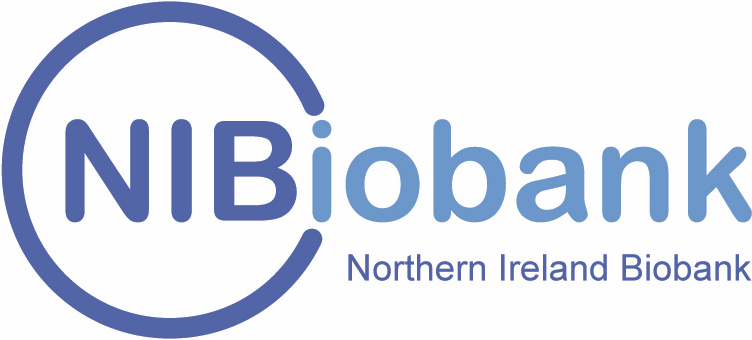Posted on 9 Apr 2025
NIB publish results from first of its kind study investigating the use of artifical intelligence in pathology research and practice

NIB researchers Dr Claire Lewis and Professor Jacqueline James along with Dr Lisa Graham-Wisener (School of Psychology, QUB) and Dr Jenny Groarke (School of Psychology, University of Galway) have published a first of its kind study investigating public attitudes and awareness of the use of AI in pathology research and practice.
The study team undertook a nationally representative, cross-sectional, web-based mixed methods survey (N=1518) to assess the UK public’s awareness of and views on the use of AI in pathology research and practice. They found that awareness was low, with only 23.19% (352/1518) of the respondents somewhat or moderately aware of AI being developed for use in pathology. Most did not support a diagnosis of cancer (908/1518, 59.82%) or a diagnosis based on biomarkers (694/1518, 45.72%) being made using AI only. However, most (1478/1518, 97.36%) supported diagnoses made by pathologists with AI assistance. The adjusted odds ratio (aOR) for supporting AI in cancer diagnosis and management was higher for men (aOR 1.34, 95% CI 1.02-1.75). Greater awareness (aOR 1.25, 95% CI 1.10-1.42), greater trust in data security and privacy protocols (aOR 1.04, 95% CI 1.01-1.07), and more positive beliefs (aOR 1.27, 95% CI 1.20-1.36) also increased support, whereas identifying more risks reduced the likelihood of support (aOR 0.80, 95% CI 0.73-0.89). Three main themes emerged from the qualitative data: bringing the public along, the human in the loop, and more hard evidence needed, indicating conditional support for AI in pathology with human decision-making oversight, robust measures for data handling and protection, and evidence for AI benefit and effectiveness.
You can read the full article here



